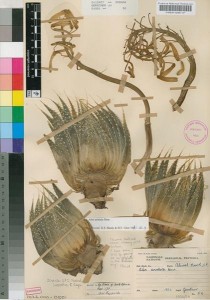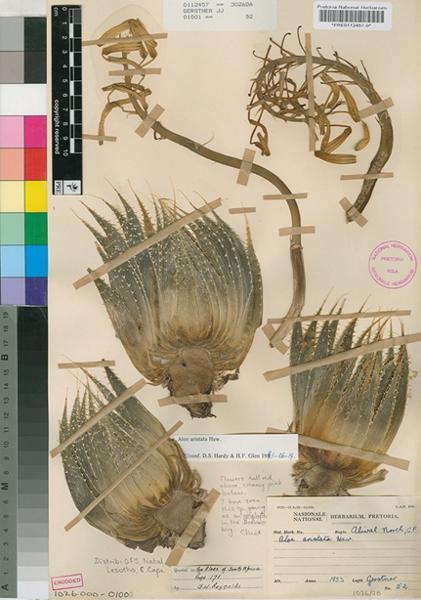I should come clean and say what might be already obvious. I have no background in botany. I wouldn’t know a lily from an orchid, a weed from grass, an aloe from a baobab. I have never maintained a garden, I don’t like dirt, and I haven’t been camping since I was ten years old. I like creature comforts, warm showers, combs, nice smelling things like deodorant, and comfortable sofas. I love my laptop, my iPod, my oversized headphones. I hate Birkenstocks. I say this all to indicate what would preclude me from participating in a life of botanical investigation.

I should also say my educational trajectory is basically a combination of Education, Information Science, and E-Learning (more education). A liberal arts kind of guy with a slight tinge of scientific stuff. A lot of talk about workflows, processes, and catalogs without ever coding. That sort of thing. Professionally, it has been much the same with years of teaching (English as primary and secondary language) overseas, followed by a communications and support position for an online database, followed by more of an educational role, followed by more of a communications and marketing role (for a very large database).
And then there is this botany thing. My work recently has focused on a botanical resource, a global group of botanical partners (organizations and individuals), and the process of cataloging and making available the plant life of the earth. All of it. To be of any assistance to this project, I had to come to speed on a few terms that botanists use like (in my former manifestations as teacher, moody writer, moody teacher, or aspiring information professional) I would use phrasal verbs, colloquialism, idiomatic, or controlled vocabulary. So you can be as botanically hip as I now am, I provide some below.
- Type specimen-basically plants pressed under glass and preserved. This resource has close to 700 000 of them and will have about 2.2. million by 2013. That is a lot. These are the currency of the botanical world and investigating these is where most botany begins.
- Identification slip-little pieces of paper thrown into the specimens to identify their species. Since some specimens are over 200 years old, there can be quite a few slips. It is the botanical equivalent of a chat board, or comments on a blog post. So important as there is often little consensus on naming conventions.
- Family>Genus>Species- these are the basic levels of identification, going largest to smallest. Actually, there are larger classifications than these, like Order, Class, Phylum, Kingdom, Heaven, Earth, Universe (OK, the last two I just made up).
- Herbarium, aka Botanical Garden (teetering on arboretum, but not for trees)- these are the places where plants are kept. This is where most botanical activity is headquartered. Most universities have one, but very few people know it. And the plural of herbarium is herbaria.
I admit that I walked into this a little on the skeptical side. Plants, right? Old dead plants? Botanists, Birkenstocks, biodiversity (alliteration, zing!)? I was wrong. I admit it.
I thought from my perspective, from a communications and educational perspective, the greatest challenge would be to take botany out of that anachronistic, staid general impression that people have of it and make it human, to show that this was an incredibly energetic network of people running around the globe and battling for biodiversity. That this was the frontline of environmentalism, of preserving this planet of ours. They live it and breathe it and love it. I wanted to show that.
So, armed with a Flip camera and some dogged determination, my colleagues descended on Madagascar for a botanical conference and came away with some interviews, testimonials of botanists. I am starting to go through the process of editing them (there are like 30 of them), but they really do a good job of explaining all of their work, why online resources are important, what makes them tick a bit. Check out the Vimeo page if interested.
[vimeo 11745124]
[vimeo 11739229]
So, this is all a long post to say that I have been recreated as a plants person. I still won’t wear sandals, I still love my creature comforts, but I am now considering growing vegetables on my small patio. That is my concession to the environment. Either way, what a strange and interesting journey my career has been.
